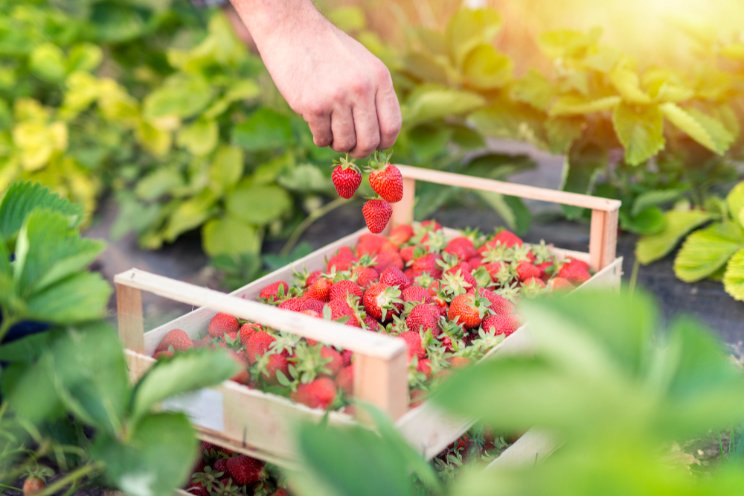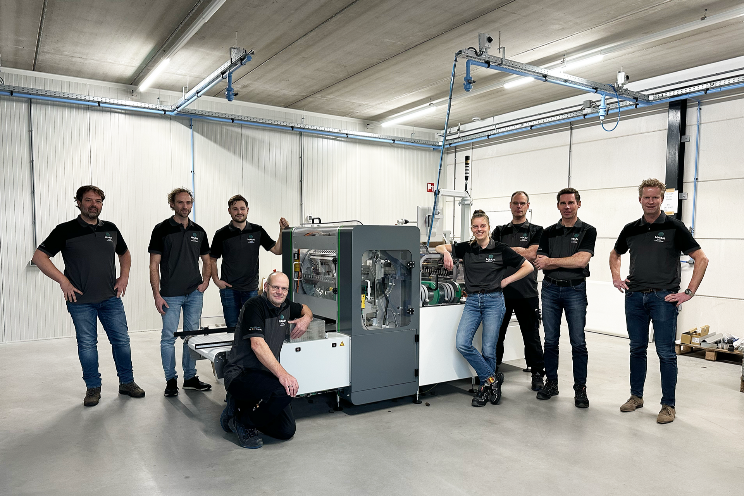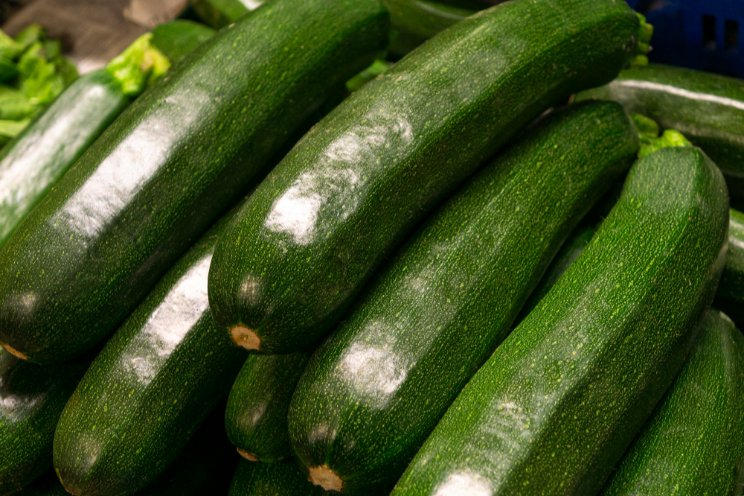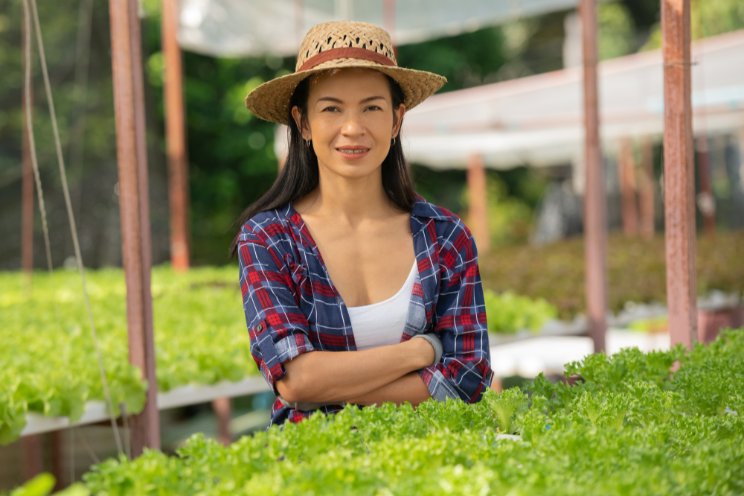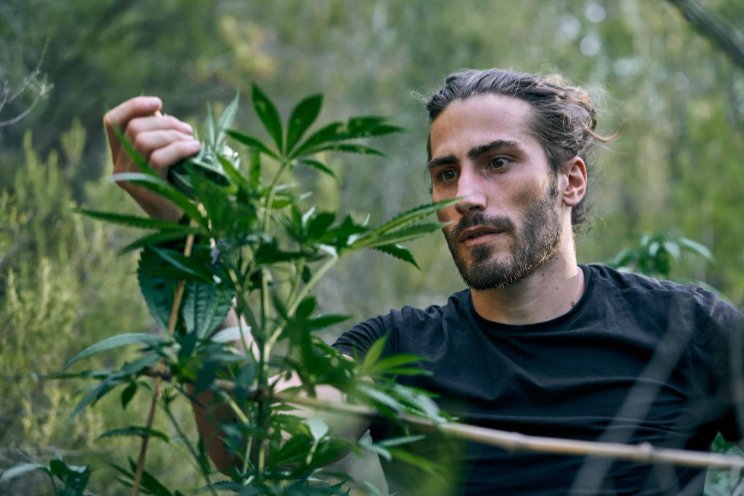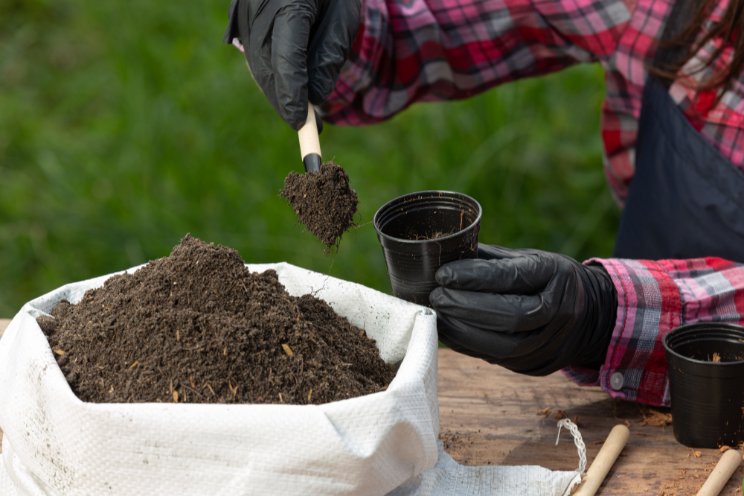Insights about organic vegetable production
Added on 08 January 2020
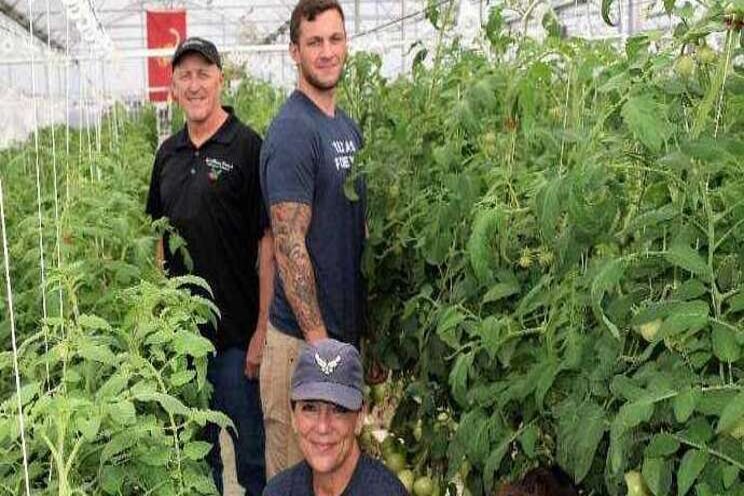
Here's a closer look at insights from a leading organic tomato producer on what growers need to know when it comes to organic crop production.
Higher Prices Can Offset the Challenges
Rainwater Farms in Kosse, TX, has been growing organic greenhouse tomatoes since it started operations in 2014. When the company applied for organic certification, however, owner Kenda Eckols says she quickly learned they had to follow certain standards to change over for certification.
"Starting from square one was a huge challenge for us, especially since there were only four of us doing all the work," Eckols says. "We had to completely top all of our beautiful tomato plants (which were grown organically anyway) and start all over from the ground up."
Managing pests organically was perhaps the easiest problem to address. Rainwater Farms uses neem oil and organic insect soap sprays, as well as lady bugs.
"Our biggest pest had been spider mites," Eckols says. "They destroyed one whole tomato house. But tomatoes are hardy, and all the plants came back after spraying in the summer with neem oil and organic soap spray."
The recent drought in Texas was a particular challenge.
"Spider mites love this environment, and the more fans we ran, the more they spread," she says. "The lady bugs didn't help too much. I believe they were hiding in the shade from the heat."
Rainwater Farms is also experimenting with different organic nutrient options in liquid form, including Miracle Grow and Nature Safe.
"Our challenge is calcium nitrate, which is not allowed for organic growing," Eckols says. "We are consistently looking for the perfect liquid, and our plants have suffered for it and are not yielding as much."
Nutrition is an ongoing experimentation process, and Eckols encourages fertilizer manufacturers to tackle this problem.
There are other minute details in organic production, such as starting seeds in coconut fiber instead of rockwool, ensuring hoses and buckets are cleaned with vinegar water, and just knowing what is accepted organically. And the challenges aren't tied to production issues.
"We have pursued whole farm insurance and could not find anyone that could insure us," Eckols says. "Since we became organically certified, our insurance will not cover anything until we have been in organic production for at least three years."
Eckols also learned that to get any kind of benefit from crop loss, the greenhouse would have to be destroyed by an act of nature because it is considered a protected environment.
"I have spent too much time in my local USDA office trying to help them understand that greenhouses can have loss in a protected environment from the weather, even in a perfect set up," Eckols says. "During the drought in Texas this summer, we lost many tomato blooms because we could not keep our temperatures cool enough. The water well we have running our cool cells was stressed to the max and could not put as much water out."
Despite these challenges, Eckols says the higher prices they receive for their crops make up for it.
"If you are already taking on the challenge of growing food, why not go organic?" Eckols says. "The only challenge is keeping records, doing the paperwork, and crop insurance. Once you are in a routine of doing the necessary recordkeeping, it just becomes a part of your everyday life."
Educational Opportunities
CropKing, a Lodi, OH-based manufacturer and distributor of commercial greenhouse structures, hydroponic growing equipment, and supplies, has specialized in the business of controlled environment agriculture and hydroponic growing since 1982. In recent years, organic production has become a bigger part of its focus.
Paul Brentlinger, President of CropKing, says for organic production, growing media and fertilizer sources are the two biggest issues to consider.
"You can't use rockwool, and you need to find a certified media to use and a certified fertilizer that can be complete enough to grow commercially with," Brentlinger says. "You will also be limited in your pest management toolbox in terms of the tools you have to combat insects and diseases. This makes preventative maintenance more important."
In addition to being a product supplier, CropKing is also in the education business. The company's blog features advice and perspectives on everything from growing organically to the debate over whether hydroponic systems should be considered organic. In addition, CropKing also offers grower workshops, grower's manuals, training DVDs, and technical assistance.
Source and photo courtesy of Greenhouse Grower
Source: Greenhouse Grower
More news

